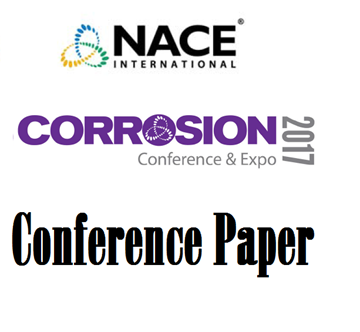Search
96434 Effects of Fabrication Practices and Techniques on the Corrosion and Mechanical Properties of Ni-Cr-Mo Nickel Based Alloys UNS N10276, N06022, N06686, and N06625
Also Purchased
09195 Corrosion properties of UNS S32750, UNS N06022 and UNS N10276 in seawater
Product Number:
51300-09195-SG
ISBN:
09195 2009 CP
Publication Date:
2009
$20.00
01362 CORROSION MECHANISMS OF ALLOY N10276 IN HYDROTHERMAL HCL SOLUTIONS: FAILURE ANALYSIS AND EXPOSURE STUDIES
Product Number:
51300-01362-SG
ISBN:
01362 2001 CP
$20.00
Uniform and Localized Corrosion Study of Base Material and Welds of Ni-Cr-Mo (W) Alloys
Product Number:
51317--9406-SG
ISBN:
9406 2017 CP
Publication Date:
2017
$20.00




